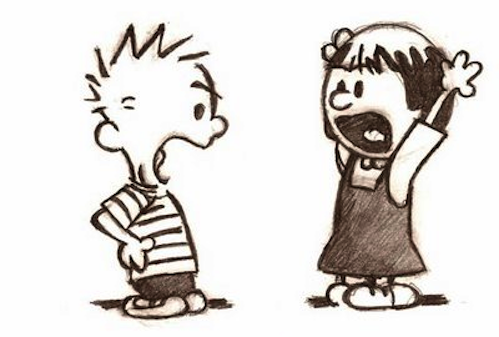Helping our children deal with scary events on the news
Our thoughts go out to those affected by the senseless tragedy that occurred last week in Christchurch, New Zealand. These situations can be shocking and frightening for adults, so it is no surprise we worry about what our children think and feel about such events. They may ask questions, make comments or repeat statements they have heard from family or friends. Below are some tips of how we can support our children through these scary events.
How to help your child deal with scary events

- Be careful about the topics YOU bring up. If the child isn’t distressed or impacted by an event, make sure you have a clear purpose for discussing it with them.
- Find the right time talk about the event. In the line at the shopping centre isn’t the best time to have a discussion about scary or painful events, or when your in a rush to get to work. Make some time and space to sit down with your child so you can address their concerns or fears adequately. If they bring the event up in a time which isn’t ideal, let them know you think it is important and make some time together to talk about it.
- It is rarely helpful to refuse to discuss the scary event with your children or to isolate them from information about it. This could make them more interested in what is happening and can let their imagination run wild (and we all know that can sometimes be worse than the reality!). Instead, find out what they know about the situation and then provide them with some basic facts. It is also a good idea to encourage them to ask questions if they are still concerned.
- Make it age appropriate and relevant for the maturity and coping level of your child. You know your child the best, so make sure you aren’t giving them too much / too little information.
- By talking to your children, you are letting them know it is ok to talk about scary or painful events and they won’t get in trouble. It will also help them to make better sense of the world around them, learn right from wrong and start to better understand people’s reactions.
- Try to avoid letting children have full or over exposure to the scary event. While small amounts of information can be helpful, unrestricted information can be potentially distressing. It is always a good idea to encourage your children to talk to you when they have seen something distressing.
- It is important to normalise their feelings. Let them know it is ok to feel confused, angry or sad. Letting them know this and that we also sometimes experience those things is very validating and healing. It can also help them to focus not on the feeling, but on what they can do to cope.
- Somewhere deep inside each one of us human beings is a longing to know that all will be well. Our children need to hear from us adults that we will do everything we can to keep them safe and to help them grow in this world.
- When watching distressing news, some advice would be to look for the helpers in the situation and point out what good brave people do at traumatic times.
- Teach them how to be safe. It’s great to reassure kids, however if there is something they can learn and implement, this is a great opportunity to do so. Giving them some strategies to either stay safe, increase communication or coping skills can be some ideas.

- Parents and caregivers are of prime importance in a child’s life—what you do, think and say are powerful influences on the children in your care. By helping them find healthy ways of dealing with their feelings—ways that don’t hurt them or anyone else, you’re helping to make our world a better, safer place.”
The Psych Professionals can help
At The Psych Professionals we have experienced Child & Adolescent Psychologists passionate about assisting kids (and their parents) in dealing with scary events. If you are concerned about your children’s reactions, or just need a little bit of extra support, we are here should you need to talk.
